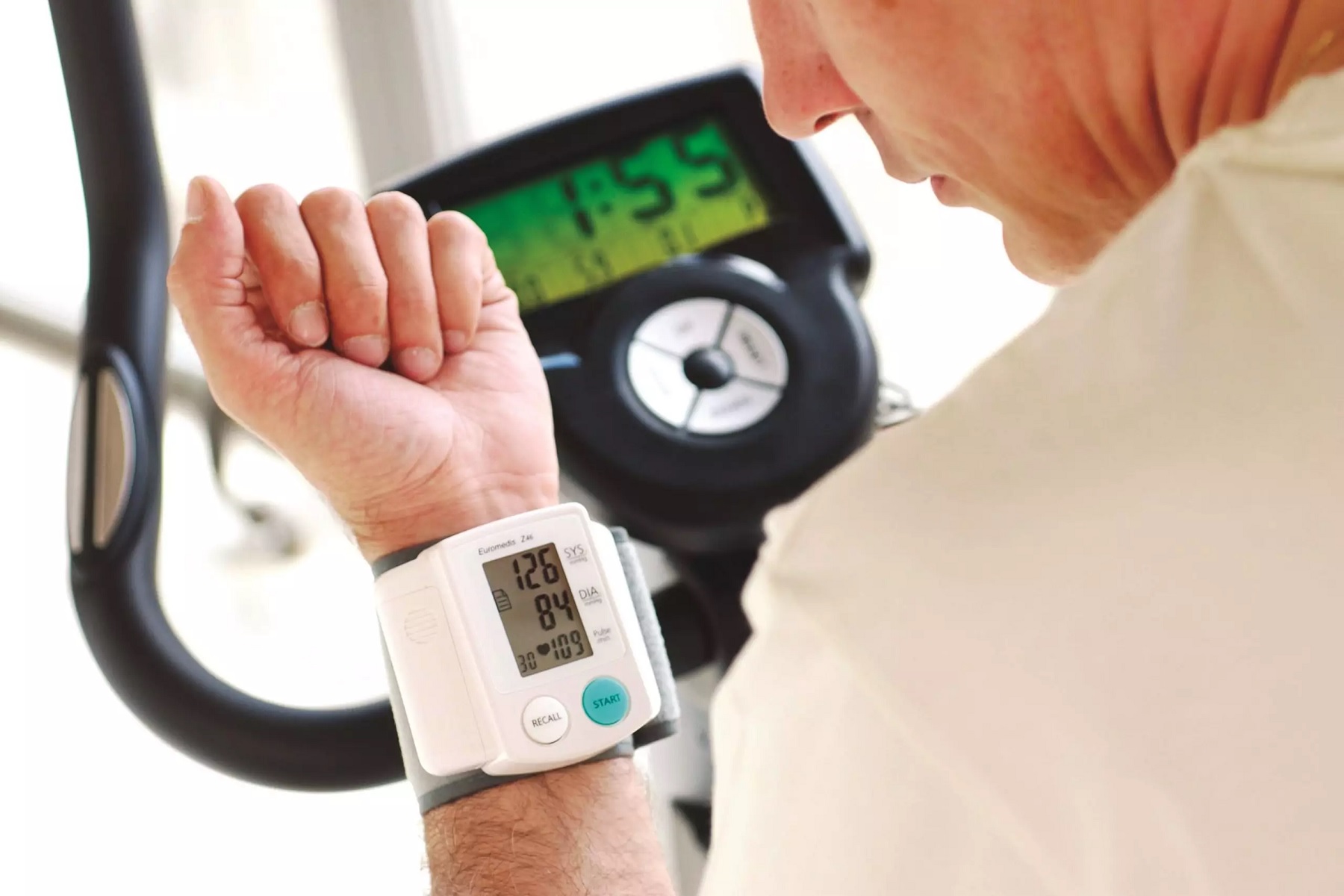Apr 14, 2021 03:41:01 PM
- Home
- How to properly manage hypertension
How to properly manage hypertension
How to Properly Manage Hypertension
What is Hypertension ?
Hypertension, or high blood pressure, is a common health condition that affects millions of people around the world. If left untreated, hypertension can lead to serious complications such as heart attack, stroke, and kidney disease. However, by properly managing hypertension, you can reduce your risk of these complications and improve your overall health. In this blog, we will explore how to properly manage hypertension, including lifestyle changes, medications, and other strategies.
Lifestyle Changes
One of the most effective ways to manage hypertension is through lifestyle changes. Here are some tips to consider:
- Maintain a healthy weight : Being overweight or obese can increase your risk of hypertension. By maintaining a healthy weight, you can lower your blood pressure and improve your overall health.
- Exercise regularly : Regular exercise is important for managing hypertension. Aim for at least 30 minutes of moderate-intensity exercise, such as brisk walking, most days of the week.
- Eat a healthy diet : A healthy diet is essential for managing hypertension. Focus on eating a variety of fruits, vegetables, whole grains, lean proteins, and healthy fats. Limit your intake of processed foods, saturated fats, and sodium.
- Reduce sodium intake : Sodium is a key contributor to hypertension. Limit your sodium intake to no more than 2,300 milligrams per day, or even less if you have other health conditions such as kidney disease.
- Limit alcohol intake : Drinking too much alcohol can raise your blood pressure. Limit your alcohol intake to no more than one drink per day for women and two drinks per day for men.
Medications
In addition to lifestyle changes, your doctor may recommend medications to manage your hypertension. Here are some common types of medications:
- Diuretics : Diuretics, or water pills, help your body get rid of excess sodium and water, which can lower your blood pressure.
- ACE inhibitors : ACE inhibitors help relax your blood vessels, which can lower your blood pressure.
- Calcium channel blockers : Calcium channel blockers help relax your blood vessels and can also slow your heart rate, which can lower your blood pressure.
- Beta blockers : Beta blockers help lower your blood pressure by reducing the workload on your heart.
- Angiotensin receptor blockers : Angiotensin receptor blockers help relax your blood vessels and can also reduce the amount of angiotensin in your body, which can lower your blood pressure.
Other Strategies
In addition to lifestyle changes and medications, there are other strategies you can use to manage hypertension. Here are some tips to consider:
- Monitor your blood pressure : Regularly monitoring your blood pressure can help you and your doctor determine if your treatment plan is working.
- Quit smoking : Smoking can increase your blood pressure and raise your risk of heart disease. Quitting smoking can help lower your blood pressure and improve your overall health.
- Manage stress : Stress can contribute to hypertension. Consider practicing stress-reduction techniques such as meditation, deep breathing exercises, or yoga.
Hypertension is a serious health condition, but by properly managing it, you can reduce your risk of serious complications and improve your overall health. Remember to make lifestyle changes such as maintaining a healthy weight, exercising regularly, and eating a healthy diet. Work with your doctor to determine the best medications for your individual needs, and consider other strategies such as monitoring your blood pressure, quitting smoking, and managing stress. \ With the right approach, you can effectively manage your hypertension and enjoy a healthier life.




